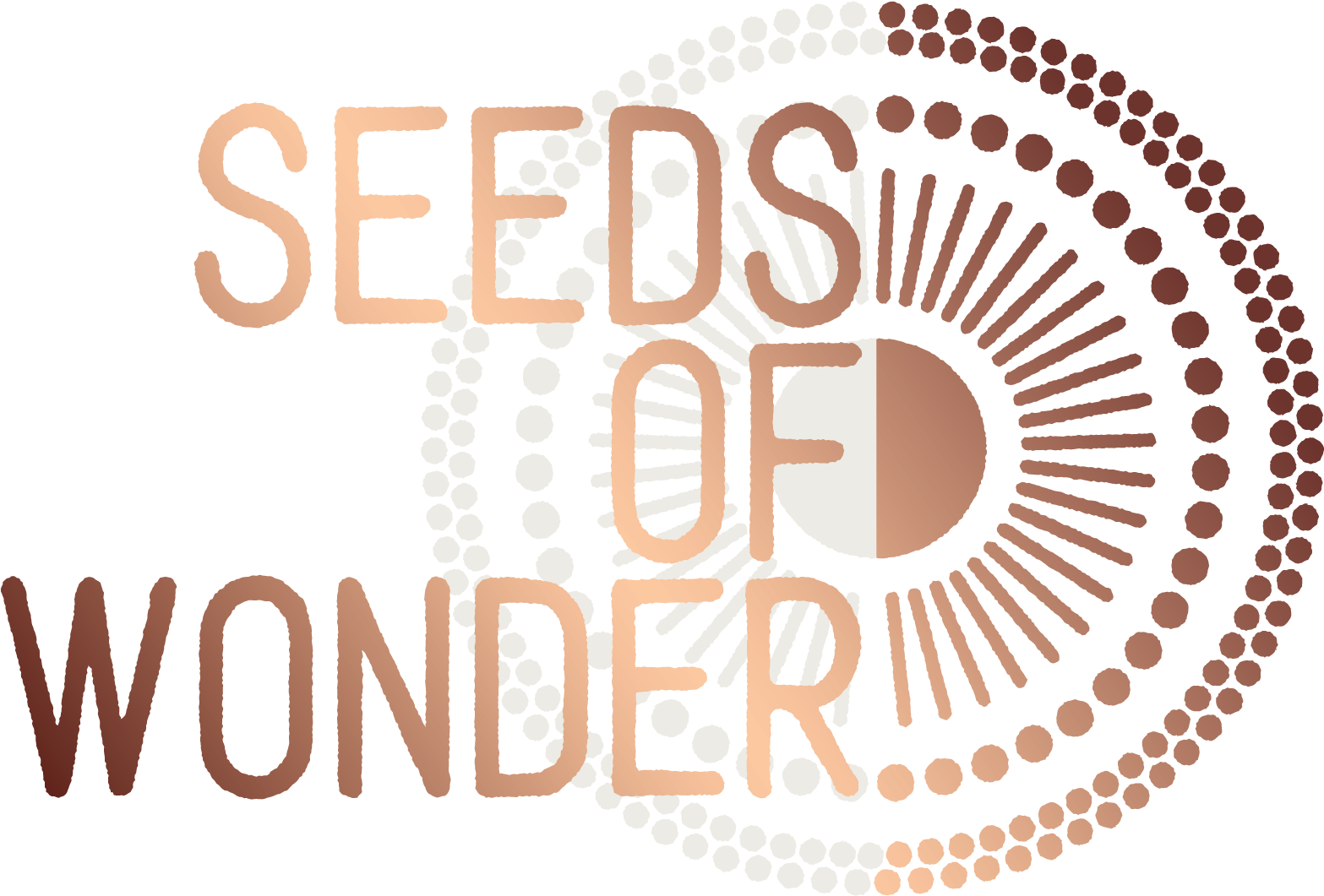The Yoga Wisdom Texts
Guest blog by Senior Yoga Teacher, Mentor & Coach, Barbara Courtille

Most yoga teachers have a good understanding of the Yoga Sutras since it's usually the text offered in yoga teacher trainings. And many yoga students have come across the sutras in some form or other.
However it's important to understand that Patanjali's text only represents one aspect of yoga philosophy, which contradicts others before and after it was written.
To put it in perspective, here is a short summary of influential yoga texts throughout history.
Vedic Yoga revolved around the idea of sacrifice as a means of joining the material world with the invisible world of the spirit.
The sacred Rig-Veda is the collection of hymns that are in praise of this higher power.
It teaches inner focus for the sake of transcending the limitations of the ordinary mind, which is regarded to be the root of Yoga.
2. Preclassical Yoga (~800 - 250 BCE)
This period emerged with the creation of the Upanishads which are gnostic texts teaching the ultimate unity of all things (non-dualism).
One of the most remarkable yoga scriptures of this time is the Bhagavad-Gita. Its message is not to turn the other cheek but to actively oppose evil in the world (Karma Yoga).
Preclassical Yoga also comprises the many schools whose teachings can be found in India’s two great national epics, the Ramayana and the Mahabharata (in which the Bhagavad-Gita is embedded).
3. Classical Yoga (~180 - 140 BCE)
This period is marked by Patanjali's Yoga Sutras defined by the eightfold path (Raja Yoga).
Patanjali teaches that each individual is a composite of matter (prakriti) and spirit (purusha). Patanjali views yoga as a process to bring about their separation, thereby restoring the spirit in its absolute purity.
His philosophy is dualistic unlike prior yoga teachings before it.
3. Postclassical Yoga (~800CE - 1700CE)
This period refers to all the schools of yoga that sprung up after Patanjali.
In contrast to the Yoga Sutras, postclassical Yoga affirms the ultimate unity of everything (non-dualism). This is the core teaching of Vedanta, a philosophical system based on the teachings of the Upanishads.
A few centuries after Patanjali, a new breed of Yoga masters created a system of practices designed to rejuvenate the physical body and prolong its life.
They regarded the body as a temple of the immortal spirit, not merely as a container to be discarded.
This led to the creation of Hatha Yoga and its most influential surviving texts The Hatha Yoga Pradipika written by Svatmarama.
4. MODERN YOGA (1893 to date)
The history of modern yoga began with the Parliament of Religions held in Chicago in 1893.
Sri Krishnamacharya is affectionately known as the grand-father of modern Yoga. He was a great exponent of Hatha Yoga which he taught to young Indian boys (with the exception of Indra Devi) at the Mysore palace.
Some of his students became famous yoga masters who developed their own styles of yoga for western audiences. Some of the most influential texts include:
- Light on Yoga by BKS Iyengar
- The Heart of Yoga by TKV Deshikashar
- Yoga Mala by Sri K Pattabhi Jois
This is only a very short reduced summary, there are many other philosophic schools including different strands of Buddhism, the puranas, Kashmir Saivism, Tantra and the list goes on...
The point I'm trying to illustrate is that yoga isn't just one tradition or philosophy but many which continue to evolve and change according to the society it lives in.
You are free to choose whichever philosophy resonates with you or you can accept them all as many truths.
Connect with Barbara
You can connect with Barbara on Instagram, on Facebook or on her website.
Keen to explore studying with Barbara? You can book a FREE 20 minutes Discovery Session with Barbara here.
Note from Carol from Seeds of Wonder
Keen to learn more about yoga philosophy?
- The Eight Limbs of Yoga by Sarbacker & Kimble
- Yoga: A Guide to the teachings and Practices by David Frawley
- Yogic Studies Podcast
- Hatha Yoga Project Resources page
Want to bring yoga philosophy into your life?
- True Yoga by Jennie Lee
- Yoga Beyond the Mat by Alanna Kaivalya






